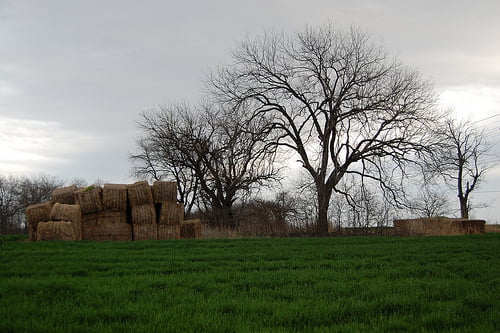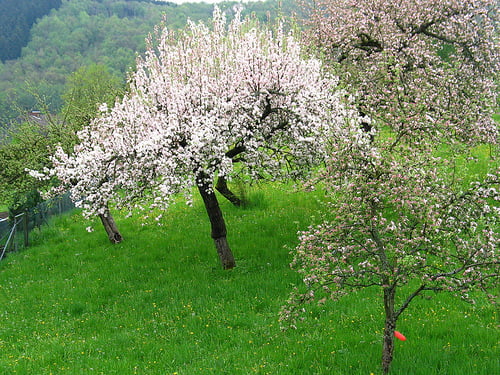Visiting a Japanese garden is a serene experience. It beckons its visitors to leave the world behind and enjoy the beauty and splendour of nature.
Bonsai are included in most Japanese gardens and enhance their uniqueness and beauty. In a Japanese garden you are encouraged to observe, listen and reflect. Visiting just one of these gardens is a treat for all of the senses.
The United States National Bonsai and Penjing Museum in Washington DC has one of the largest collections of bonsai and penjing trees in North America. The garden began when Japan donated 53 bonsai trees to the people of the United States to commemorate the U.S. Bicentennial in 1976.
It now contains over 150 plants donated by American and Japanese bonsai masters and penjing from China. The exhibit also includes viewing stones and ikebana which is Japanese flower arranging. The museum is open from 10 a.m. to 3:30 p.m. every day of the year except Christmas.
The Pacific Bonsai Museum in Federal Way Washington was created in 1989 by the Weyerhaeuser Company to honour their trade relations with Pacific Rim nations and as a tribute to the Washington state centennial.
It contains over 50 bonsai trees from around the world and is free of charge. It is opened year round March – September 10 a.m. to 4 p.m., closed Thursdays and October – February 11 a.m. to 4 p.m., closed Thursdays and Fridays. The bonsai represents works by renowned artists and several of their trees have won awards.
Elandan Gardens located in Bremerton Washington is a family-owned garden that is opened to the public. The collection includes trees more than 1000 years old.
The owner, Dan Robinson, has spent more than 40 years dedicated to the art of bonsai. Built in 1993, it is located on six acres of land off the shores of Puget Sound.
It is a dynamic garden, changing from season to season as Dan continues to add more bonsai to his collection. The garden is open Tuesdays through Sunday from 10 a.m. to 5 p.m. They are closed on Mondays and the month of January.
Harvard University Arboretum or the Arnold Arboretum is home to the Larz Anderson Bonsai Collection. Most of the trees in the Bonsai collection were imported by Larz Anderson in 1913 when he returned after serving as ambassador to Japan.
The trees were donated to the Arboretum in 1937 and 1949 with the deaths of Larz and eventually his wife, Isabel. They also donated funds to build a shade house for their display.
Today, due to theft and inexperience with the bonsai when they were first donated, there are only 15 of the original 39 trees left, but the collection is still enjoyable to look at. The bonsai can be viewed mid April through early November from 8 a.m. to 4 p.m. Monday through Friday and 8 a.m. to 3 p.m. Saturday and Sunday.
The international Bonsai Arboretum is owned by William N. Valavanis and is dedicated to the art of bonsai. It is mainly an educational facility to teach bonsai, but it also sells bonsai equipment.
The bonsai garden can be viewed by appointment only. It is an unusual garden full of sculptured trees and rare plant material. It is located in West Henrietta – New York, a suburb of Rochester.
One of the most spectacular conservatories in the United States is the Phipps Conservatory and Botanical Gardens in Pittsburgh, Pennsylvania. It features 13 indoor garden rooms and 6 outdoor garden areas.
One of the outdoor gardens is the Japanese Courtyard Garden that includes Japanese lanterns, a quaint stream and a beautiful bonsai collection. The conservatory is open year round, seven days a week from 9:30 a.m. to 5 p.m. and until 9 p.m. on Fridays.

[wd_hustle id=’share’ type=’social_sharing’]




